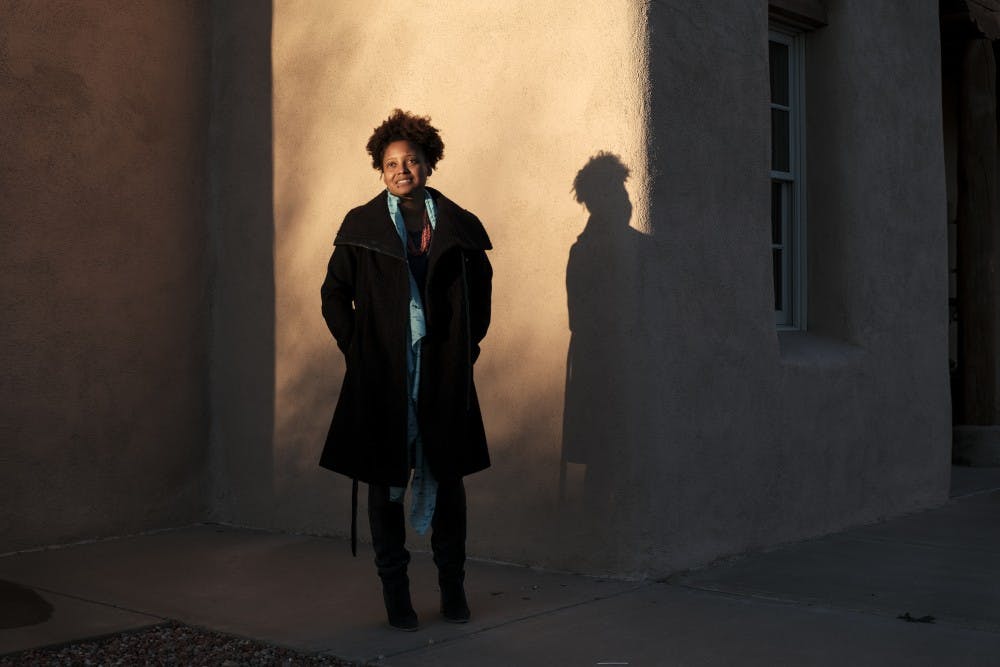“Poetry has the power to invite change.” And with this ringing through Meyerson B1, to all the students, faculty, and others interested in poetry gathered on a Thursday night, U.S. Poet Laureate Tracy K. Smith takes the stage.
Each year, The Philomathean Society invites a distinguished speaker to Penn. For 2019, they have welcomed Smith, who is a creative writing professor at Princeton, a Pulitzer Prize winner, and the current Poet Laureate of the United States.
As Poet Laureate, Smith is working on a project where she gives poetry and anthology readings in rural communities and engages the people there to discuss what they feel from the poems. She believes poems remind us of what we share as well the validity of our differences.
This event, titled “Why Poetry? Why Now?,” emphasizes the importance of poetry, especially in modern society. Smith opens with a few anecdotes: one about her daughter watching a movie, which gives way to the startling idea that people just skim material—we ignore the unwanted and linger on what we want.
Smith ties these anecdotes in to changes in culture based on what we see and interact with—that is, technology. “Individual selfhood has taken a different tenor, too,” she says, which she elaborates on by talking about the increasing focus on brand, followers, and content.
This is where poetry comes in. Unlike social media sharing, Smith states that poetry can actually bring us closer because it’s “humanizing” and “reanimating.” It tells us to “act upon empathy and curiosity.”
Smith talks about how poetry is able to accomplish this. Poetry allows her to discover new emotions and feelings and lets us learn about different experiences and their usefulness. She names poems that have personal meaning to her, including Robert Frost’s “Directive,” with a first line that to her, seems to be saying that “it’s okay to let go.” She also tells us that, “poems offer a tool for survival.” By giving us a platform to talk about our vulnerabilities, we can separate ourselves from our stories, especially when they hurt.
Toward the end of the event, Smith reads a selection of her own poetry. From “The Angels” we get a sense of her purposeful, strong use of language and from “The Speed of Belief”—a sequence of poems—we are witness to all the deliberate details of her work, including how she wrote in the present tense when her father was dying and in the past tense when she returned to the writing process after a break.
Smith concluded her hour–long talk with a Q&A session followed by a book signing event. Her personal interactions showed her ability to be personable and close the distance between speaker and audience. She hopes her readers will read her poetry from cover to cover in order to, “get swallowed up by a vision,” and reminds us to let the poems guide us—for us to approach poems “empty–handed.”

